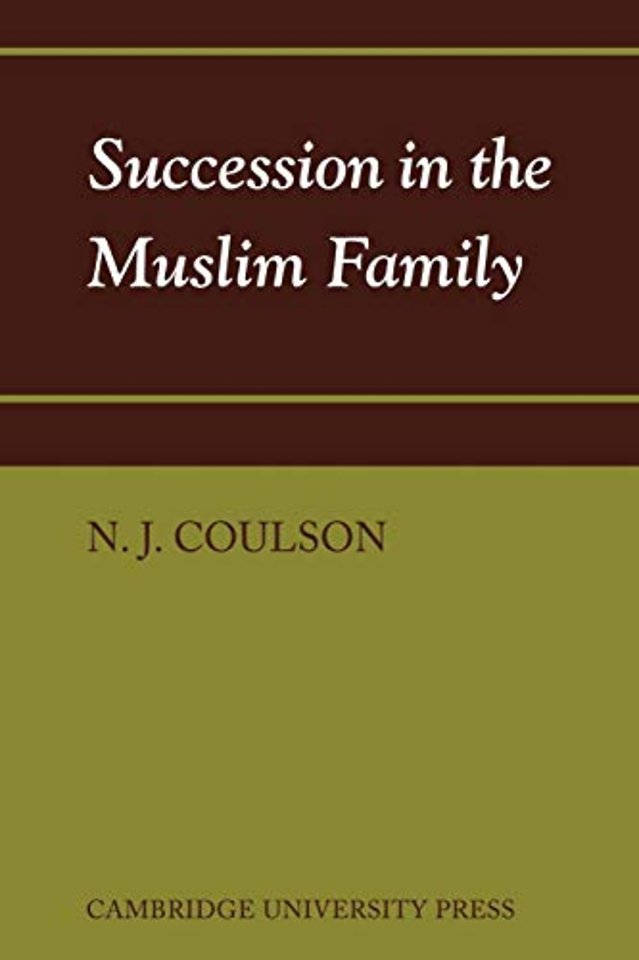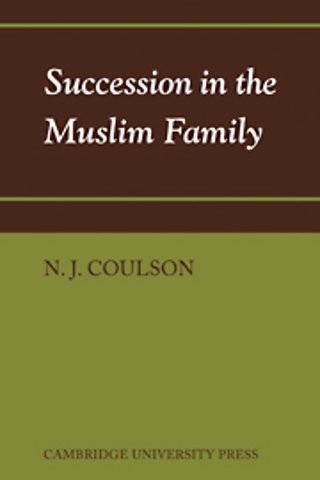Succession in the Muslim Family
Samenvatting
Muslim law and rules for dealing with the distribution of a dead person's property differ greatly from western law. The system of Muslim law, the SharVa, is derived from the Qur'an and the words of the Prophet himself, and is therefore believed to be of divine inspiration, and not man-made. A variety of schools of law have grown up which interpret the Prophet's sayings, and the practical effect of these different rules of interpretation varies considerably. Recent codifications have not necessarily remained within the classical Muslim legal traditions, and have introduced further differences. With western law it is assumed that a man will make a will, and, broadly speaking, his property will be distributed in accordance with its provisions. It is only in the event of a man dying without making a will that the rules of intestacy are applied. Muslim law makes the opposite assumption.
Specificaties
Inhoudsopgave
Net verschenen
Rubrieken
- aanbestedingsrecht
- aansprakelijkheids- en verzekeringsrecht
- accountancy
- algemeen juridisch
- arbeidsrecht
- bank- en effectenrecht
- bestuursrecht
- bouwrecht
- burgerlijk recht en procesrecht
- europees-internationaal recht
- fiscaal recht
- gezondheidsrecht
- insolventierecht
- intellectuele eigendom en ict-recht
- management
- mens en maatschappij
- milieu- en omgevingsrecht
- notarieel recht
- ondernemingsrecht
- pensioenrecht
- personen- en familierecht
- sociale zekerheidsrecht
- staatsrecht
- strafrecht en criminologie
- vastgoed- en huurrecht
- vreemdelingenrecht

